Are You Ready to Buy a Home? Here's How to Find Out

If you're contemplating whether you're ready to purchase a home, you likely have many considerations on your mind. You're thinking about your finances, current mortgage rates, home prices, the limited supply of homes for sale, and more. Plus, you're weighing how all of these factors will influence your decision.
While housing market conditions certainly play a role in your decision, your personal situation and finances are equally important. As an article from NerdWallet states:
"Housing market trends provide essential context, but determining if it's a good time to buy a house also depends on your financial situation, life goals, and readiness to become a homeowner."
Instead of trying to time the market, focus on what you can control. Here are a few questions that can give you clarity on whether you’re ready to make your move.
Rather than attempting to time the market, concentrate on what you can control. Here are a few questions to help you determine if you're ready to take the next step.
1. Is Your Job Stable?
One important factor to consider is the stability of your employment. Purchasing a home is a significant financial commitment, and you'll be agreeing to repay a home loan. Having a dependable job and a steady income can provide peace of mind when making such a substantial investment.
2. Have You Determined Your Budget?
If you have a steady income, the next step is to determine what you can afford. This will depend on your spending habits, debt, and other factors. To gain a clear understanding of your financial situation, start by consulting with a trusted lender.
They can guide you through the pre-approval process, inform you about the amount you qualify to borrow, current mortgage rates, and your estimated monthly payments. Additionally, they will explain closing costs and other expenses you should budget for. This information will help you make an informed decision about whether you're ready to buy.
3. Have You Built an Emergency Fund?
Another critical consideration is ensuring you'll have sufficient cash reserves in case of emergencies. While it may not be pleasant to think about, it's essential to plan for unexpected events. You wouldn't want to stretch your finances too thin with a house purchase and then find yourself unable to handle unexpected expenses. As CNET advises:
"You should aim to have enough savings to cover several months of living expenses, including mortgage payments, in case unexpected situations arise, like job loss or medical emergencies."
4. What's Your Long-Term Plan for Living There?
As mentioned earlier, purchasing a home comes with initial costs. While these expenses are typically regained through equity growth over time, this process requires patience. If your intention is to relocate soon after buying, you might not fully recover your investment. For instance, if you're considering selling and moving within a year, it might be prudent to reconsider buying at this moment. Lawrence Yun, Chief Economist at the National Association of Realtors (NAR), elaborates:
"Five years is a comfortable timeframe to consider. If your home's value appreciates significantly, even three years could suffice."
Consider your future plans. Whether you're aiming for a promotion that might involve relocating to another city or foreseeing the need to move closer to care for loved ones, these are important factors to take into account.
5. The Crucial Question: Are Real Estate Professionals on Your Side?
If not, beginning with finding a reputable local agent and lender is a wise initial move. These professionals can guide you through your choices and assist you in determining whether you're prepared to proceed or if there are additional preparations needed.
Bottom Line
To explore all the factors you need to consider before making a decision to buy, reach out to a local real estate professional for a detailed discussion.

Categories
Recent Posts

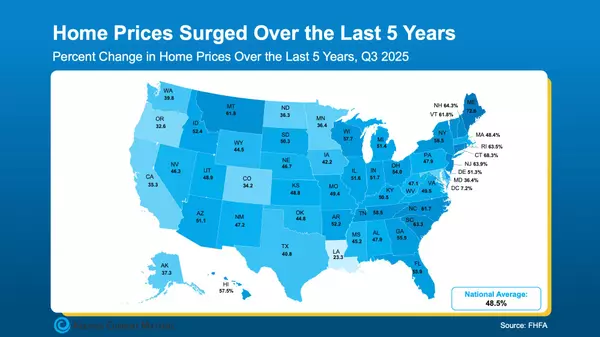
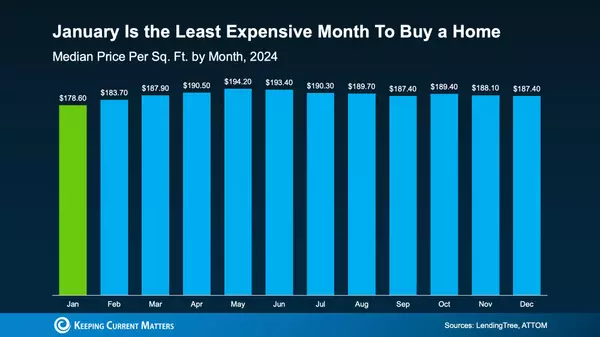
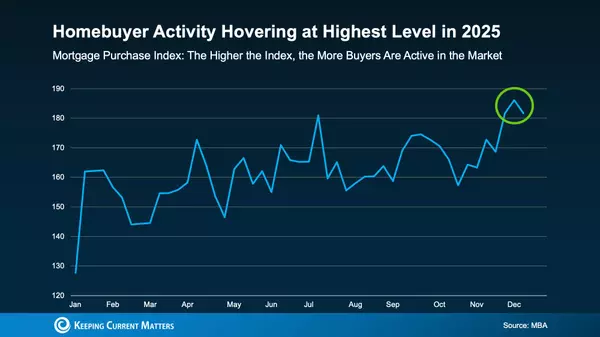
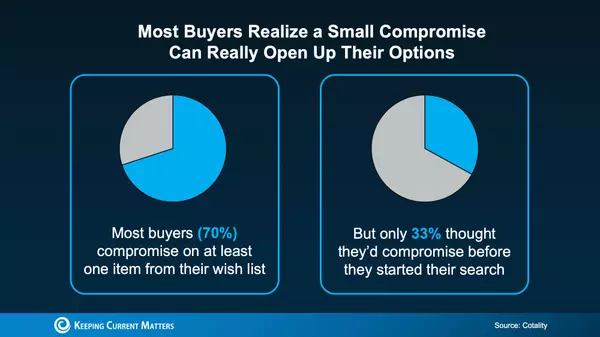
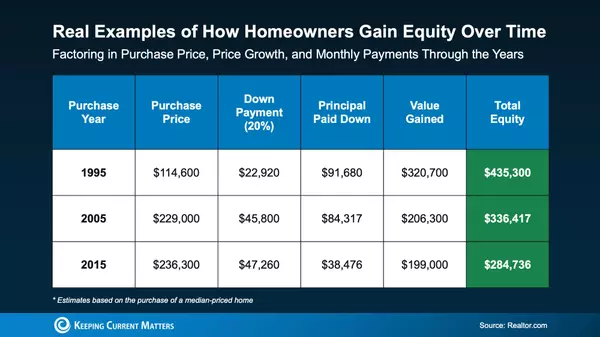
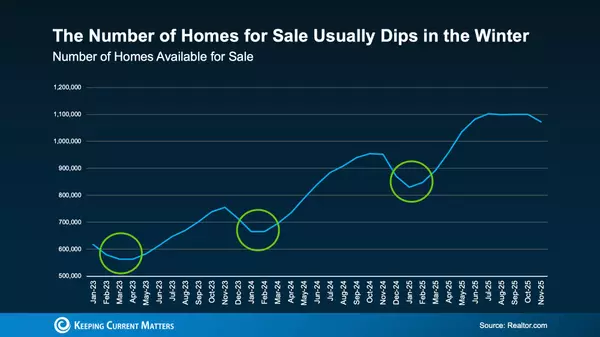
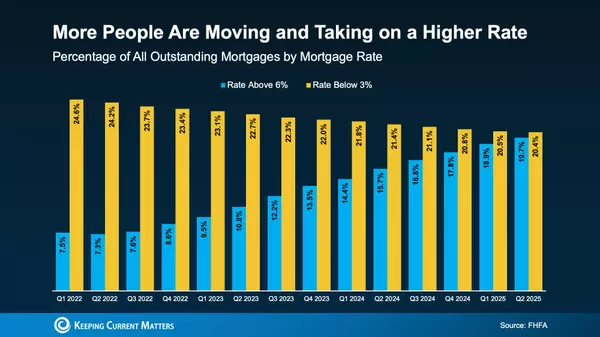
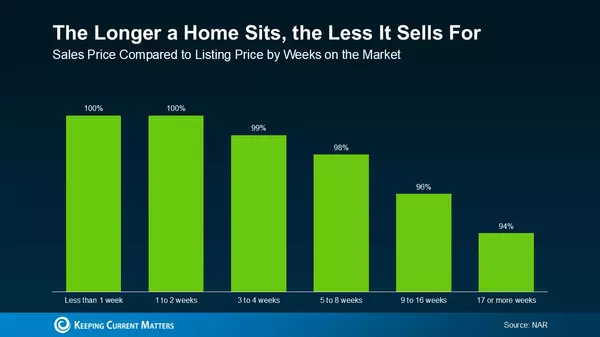
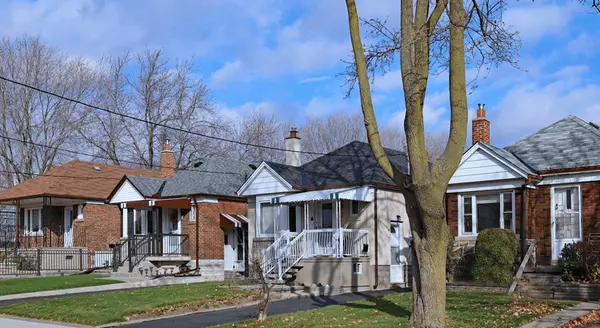
GET MORE INFORMATION


